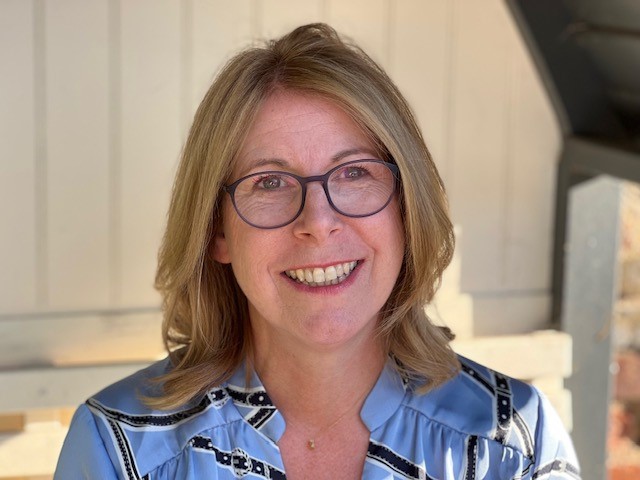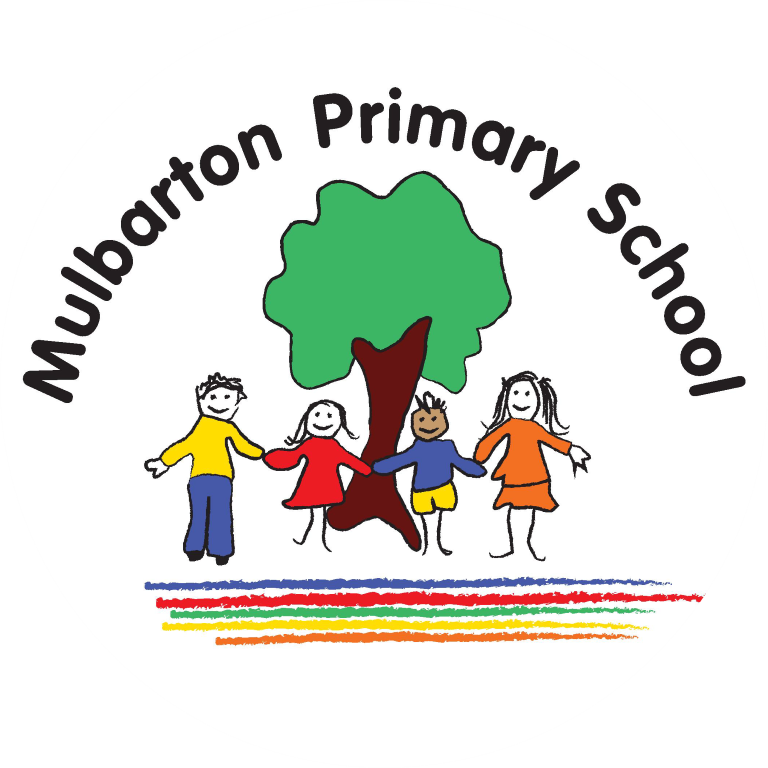Reflective
Focussed
Collaborative
Aspirational
Resilient
Inquisitive
Problem solver
Welcome
 Welcome to our school website. We hope you will find it helpful. Mulbarton Primary School is a welcoming, inspiring place to learn. Visitors comment on the lovely atmosphere and the school environment. Children at Mulbrton are well-behaved and excited about their learning. All our school staff work as a team, committed to doing the best for our children. We are very well supported by the village community and parents. Both the Governing Body and the PTA are active and work hard for the benefit of our children and staff.
Welcome to our school website. We hope you will find it helpful. Mulbarton Primary School is a welcoming, inspiring place to learn. Visitors comment on the lovely atmosphere and the school environment. Children at Mulbrton are well-behaved and excited about their learning. All our school staff work as a team, committed to doing the best for our children. We are very well supported by the village community and parents. Both the Governing Body and the PTA are active and work hard for the benefit of our children and staff.
Natasha Hall – Headteacher (Designated Safeguarding Lead)
Contact Us
Mulbarton Primary School
The Common
Mulbarton
NR14 8JG
